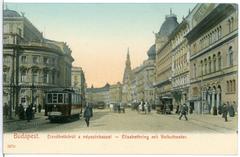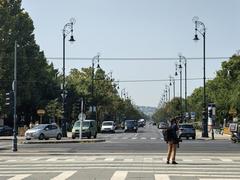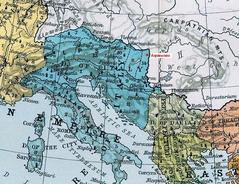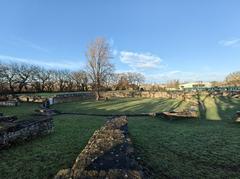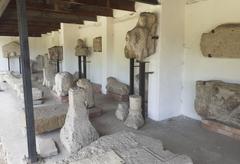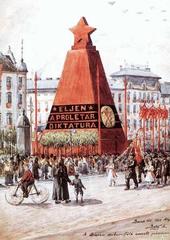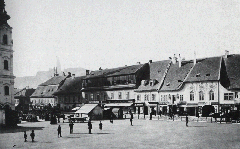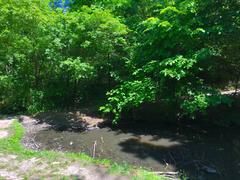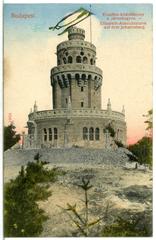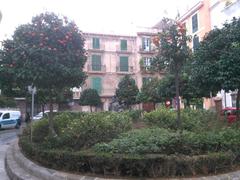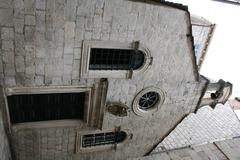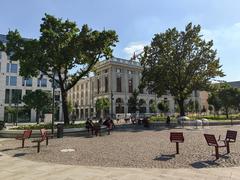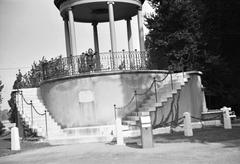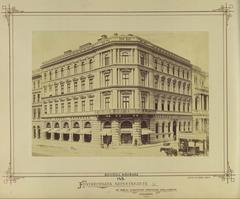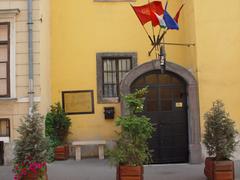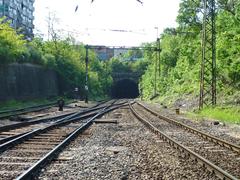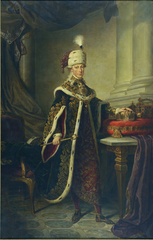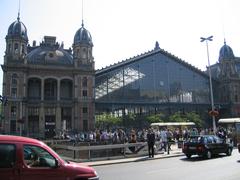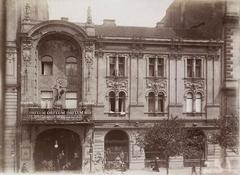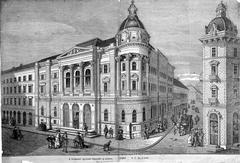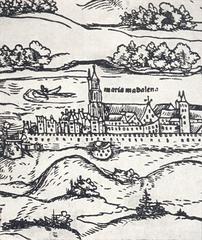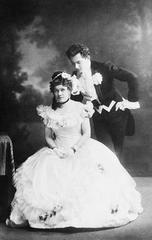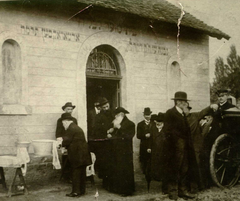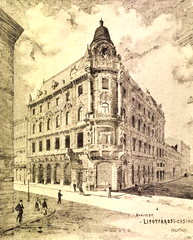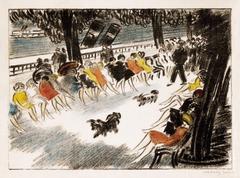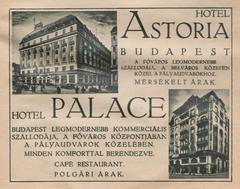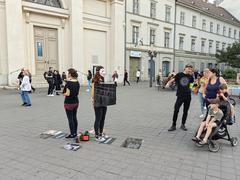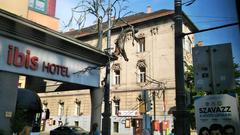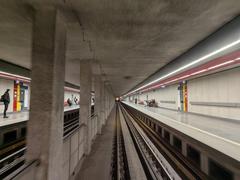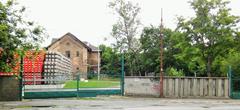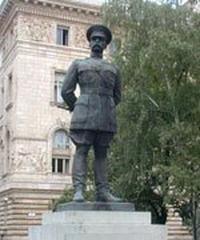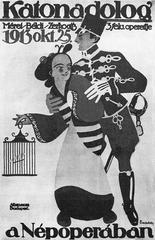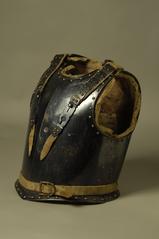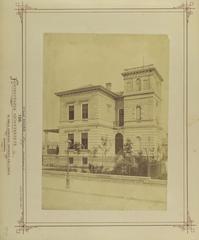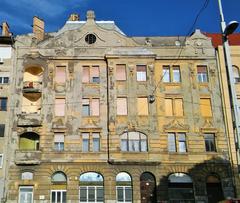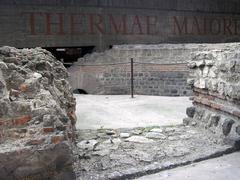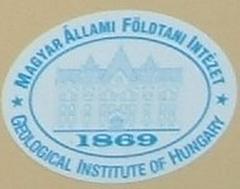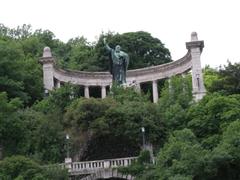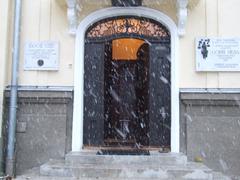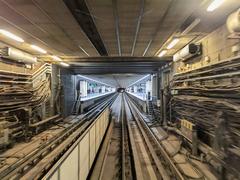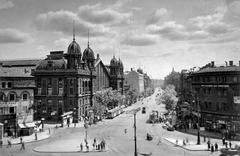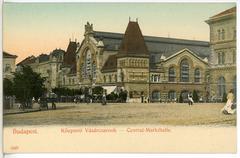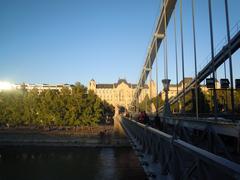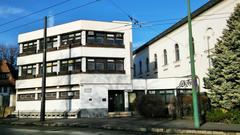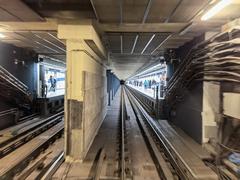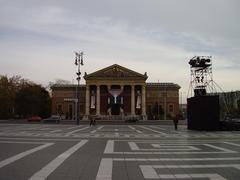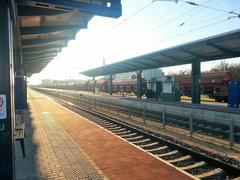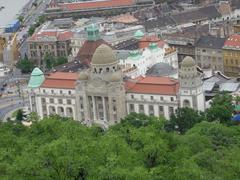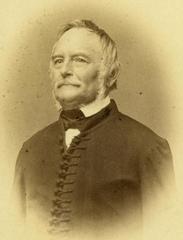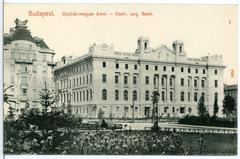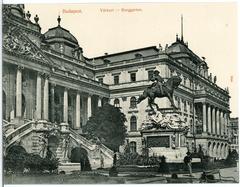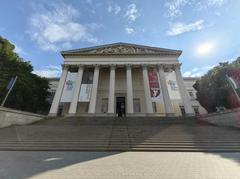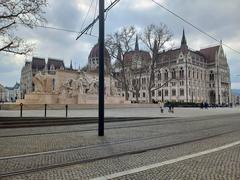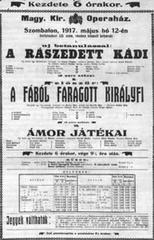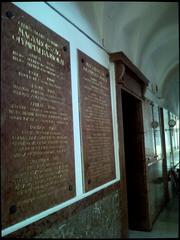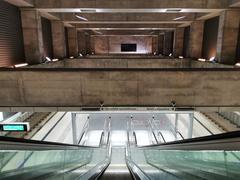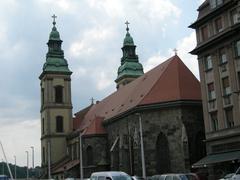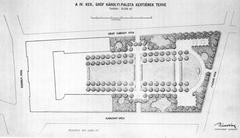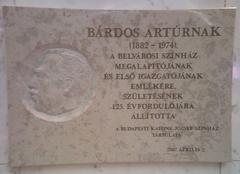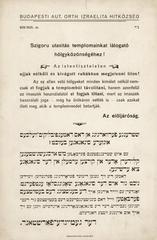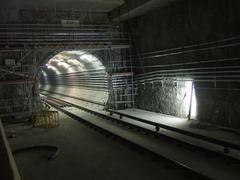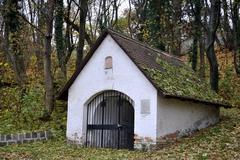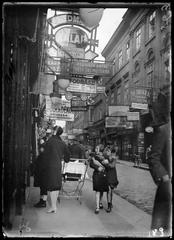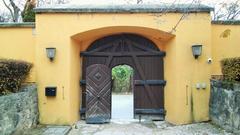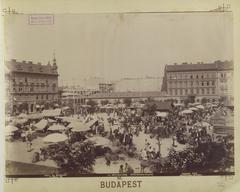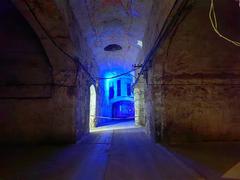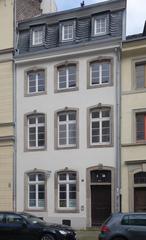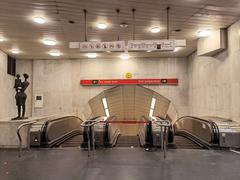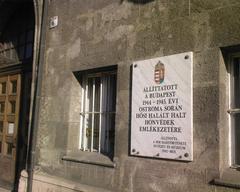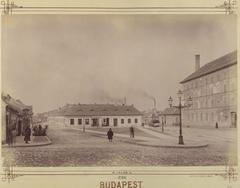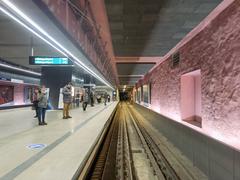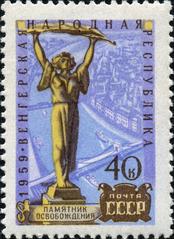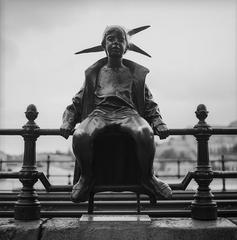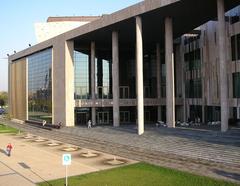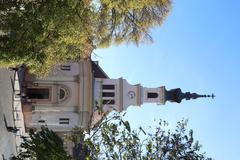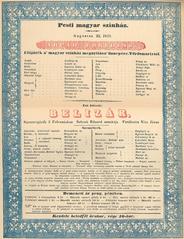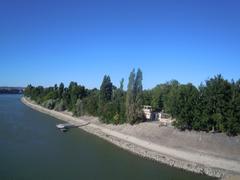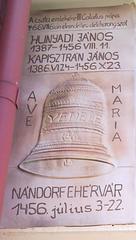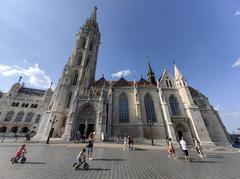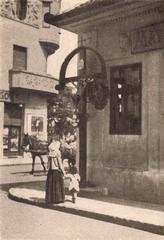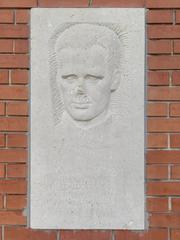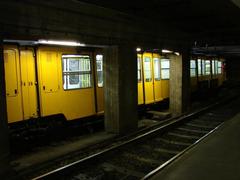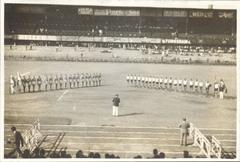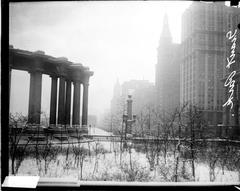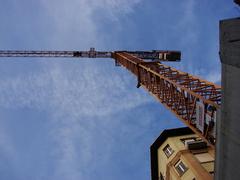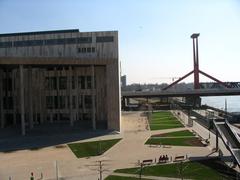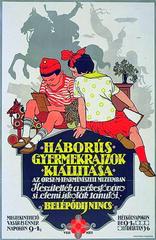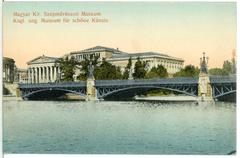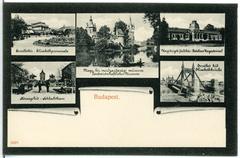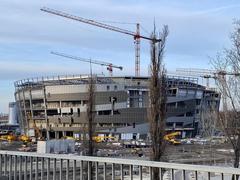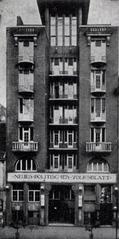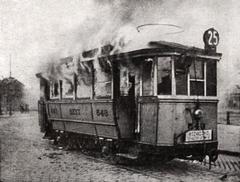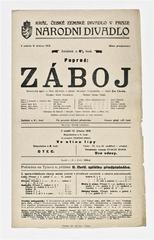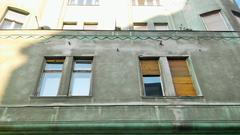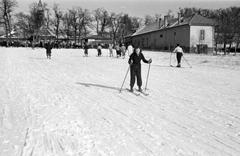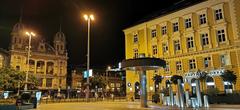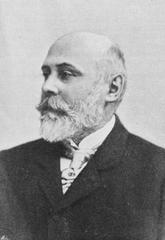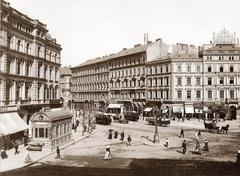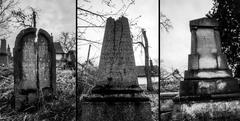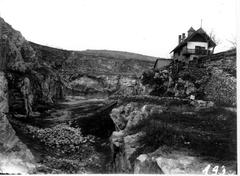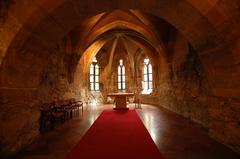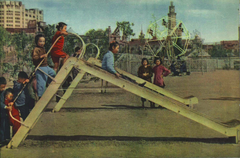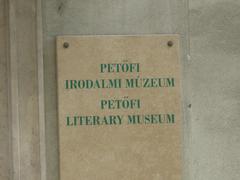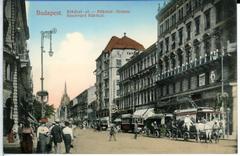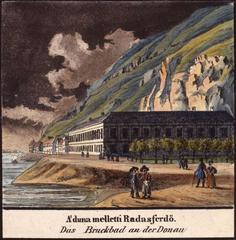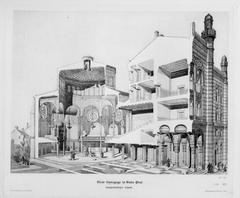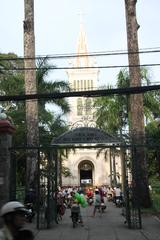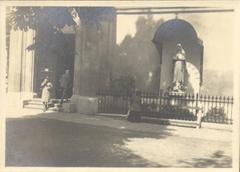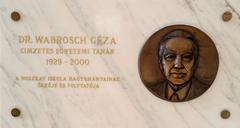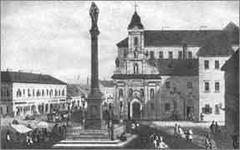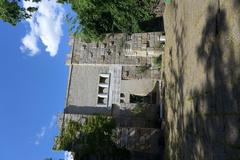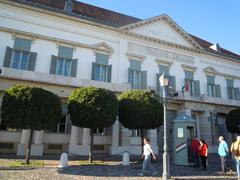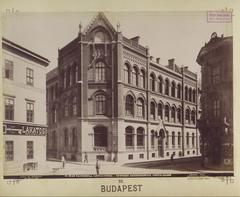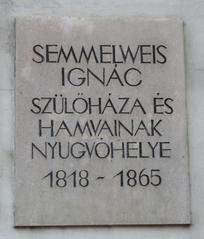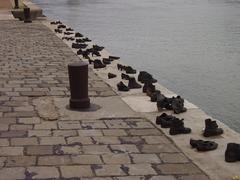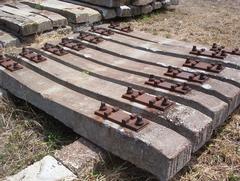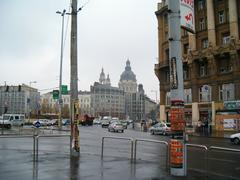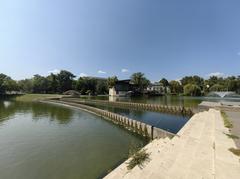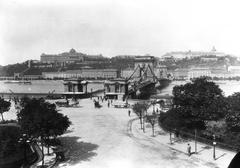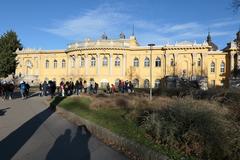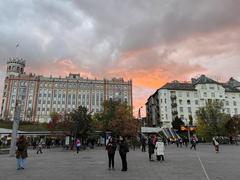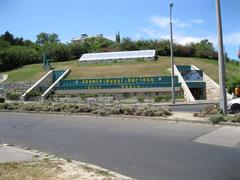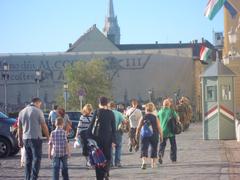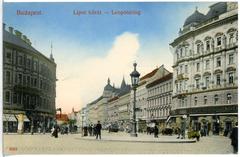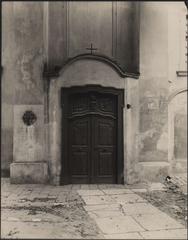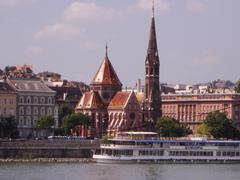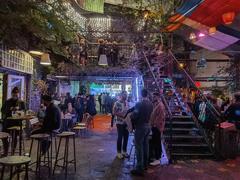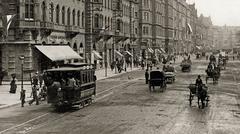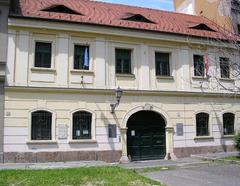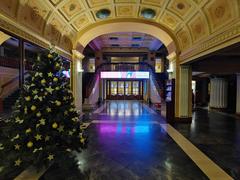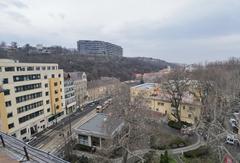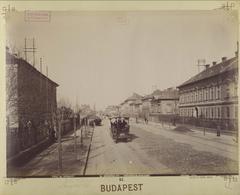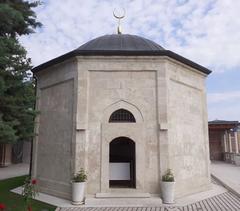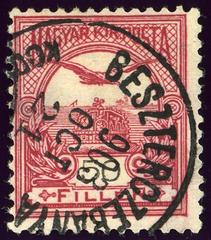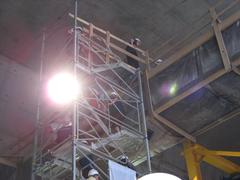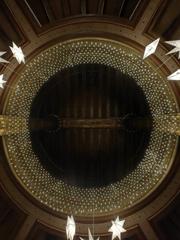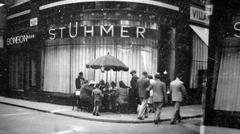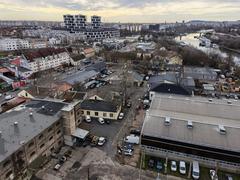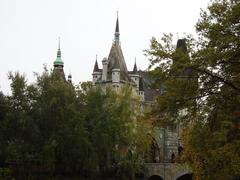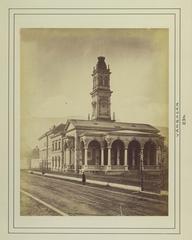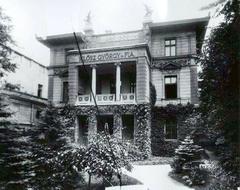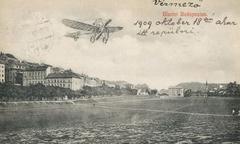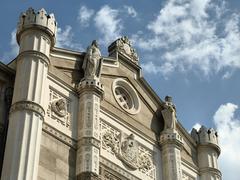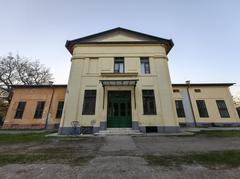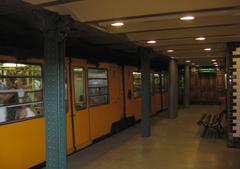Hungarian National Film Archive Budapest: Visiting Hours, Tickets, and Comprehensive Guide
Date: 03/07/2025
Introduction
Situated in Budapest’s cultural epicenter, the Hungarian National Film Archive—now part of the National Film Institute Hungary (NFI)—preserves the nation’s cinematic legacy from its earliest silent films to contemporary masterpieces. Founded in 1957 as the Institute of Theatre and Film Science, the Archive has expanded to house over 70,000 motion pictures, rare film posters, photographs, and crucial artifacts. Its core mission encompasses film preservation, restoration, digital access, and public engagement, earning international recognition at festivals such as Cannes and Berlinale. This guide provides a detailed overview of the Archive’s history, collections, visitor information, and practical tips to ensure an enriching experience for film enthusiasts, researchers, and travelers alike (NFI Film Archive, Budapest Reporter, European Film Gateway).
Contents
- History and Institutional Evolution
- International Recognition and Restoration Efforts
- Visiting Information: Location, Hours, Tickets, and Tours
- Facilities, Accessibility, and Visitor Tips
- Highlights: Collections, Exhibitions, and Digital Access
- Nearby Attractions
- Frequently Asked Questions (FAQ)
- Summary and Visitor Tips
- Sources
1. History and Institutional Evolution
Origins and Early Development
Established in 1957 as the Institute of Theatre and Film Science, the Archive’s early mandate was the collection and preservation of Hungary’s film heritage. Through periods of political change, particularly in the post-World War II era, the Archive systematically acquired feature films, documentaries, newsreels, and animated works, building one of Central Europe’s most comprehensive film collections (NFI Film Archive, Budapest Reporter).
Expansion and Public Access
A significant milestone came in 1992 when the Archive was recognized as a public collection, enhancing accessibility for researchers, filmmakers, and the public. The repository expanded further, incorporating materials from renowned studios such as MAHIR, Studio Balázs Béla, and Pannónia, along with posters and photographic archives (European Film Gateway).
Digital Era and Institutional Transformation
The 2010s brought a new era of digitization. The foundation of the Hungarian National Digital Archive and Film Institute (MaNDA) accelerated digital preservation. Since 2017, integration with the Magyar Nemzeti Filmalap and the National Film Institute Hungary (NFI) has streamlined film conservation and public engagement (Wikipedia: National Film Institute Hungary). The National Film Digitization and Restoration Program now restores 25–30 Hungarian feature films annually, and the entire newsreel collection is digitized and accessible online (filmhiradokonline.hu).
2. International Recognition and Restoration Efforts
As a member of the International Federation of Film Archives (FIAF), the Archive’s restoration projects—often in partnership with NFI Filmlab—have earned global accolades. Restored works by Hungarian filmmakers like Michael Curtiz and Miklós Jancsó are regularly featured at major international film festivals. In 2021, the Archive celebrated 120 years of Hungarian cinema with a major exhibition at the Ludwig Museum and the launch of the International Hungarica Film Research Program (NFI Film Archive).
NFI Filmlab is Hungary’s leading film post-production facility, providing high-quality restoration, visual effects, and digital cinema package (DCP) production (Wikipedia: National Film Institute Hungary).
3. Visiting Information: Location, Hours, Tickets, and Tours
Location and Access
The Archive is centrally located in Budapest and is easily accessible by public transportation—metro, tram, and bus services all connect to nearby hubs. Parking is limited, so public transport is recommended (Budapest Tourist Information).
Visiting Hours
- Monday: Closed
- Tuesday–Friday: 10:00 AM – 6:00 PM
- Saturday: 10:00 AM – 4:00 PM
- Sunday: Closed
Hours may vary on public holidays and for special events—always confirm via the official website.
Tickets and Admission
- General Admission: 1,500 HUF
- Discounts: Available for students, seniors (over 70), and EEA citizens under 26
- Children under 6: Free
- Special Free Entry Days: Hungarian national holidays (March 15, August 20, October 23) and select weekends (Budapest’s free museum guide)
Tickets can be purchased onsite or online. Advance booking is advised for screenings and guided tours.
Guided Tours and Educational Programs
Guided tours—available in Hungarian and English—offer insights into film history and restoration. Educational workshops and family-friendly programs are regularly scheduled; check the Archive’s event calendar for details.
4. Facilities, Accessibility, and Visitor Tips
- Wheelchair Accessible: Ramps, elevators, and accessible restrooms throughout.
- Library & Research Rooms: Open to the public, with professional staff to assist with catalog searches (Film Archive Library).
- Viewing Rooms: By advance booking, visitors can access films and archival footage.
- Photographic Policy: Photography is generally permitted in exhibition spaces but restricted in archival areas; consult staff for specifics.
- Amenities: Modern facilities include multimedia displays, interactive kiosks, and rest areas.
Visitor Tips:
- Arrive early to maximize your visit.
- Check the event calendar for special exhibitions or screenings.
- Combine your Archive visit with a tour of nearby museums and historical sites.
5. Highlights: Collections, Exhibitions, and Digital Access
Film Collections
- Silent Films: Early works like “A táncz” (The Dance, 1901).
- Feature Films: Nearly every Hungarian feature from the 1940s onward.
- Documentaries & Newsreels: Extensive coverage of Hungary’s 20th-century history.
- Animation: Classic and modern Hungarian animated productions.
Non-Film Artifacts
Explore rare posters, photographs, scripts, and historic film equipment.
Exhibitions and Screenings
Regular thematic exhibitions and public screenings—including international retrospectives—provide immersive experiences. The annual Budapest Classics Film Marathon is a highlight for cinephiles.
Digital Resources
- Online Access: Digitized collections and newsreels are available via Archivportal.hu and filmhiradokonline.hu.
- Virtual Exhibitions: Curated digital experiences and informative video series (Film Archive History).
6. Nearby Attractions
Expand your cultural itinerary with visits to:
- Ludwig Museum
- Hungarian National Museum
- Budapest History Museum
- Jewish Quarter
- Great Market Hall
All are easily accessible via public transport from the Archive.
7. Frequently Asked Questions (FAQ)
Q: Can I watch films at the Archive?
A: Yes, the Archive hosts public screenings and festivals. Check the schedule online.
Q: Is prior booking required?
A: Advance booking is recommended for guided tours, viewing rooms, and special events.
Q: Are research facilities available?
A: Yes, by appointment. The library and special collections are open to researchers.
Q: How can I access digitized materials?
A: Many films and newsreels are free to view online via the Archive’s digital platforms.
Q: Is the Archive accessible for visitors with disabilities?
A: Yes, facilities include ramps, elevators, and accessible restrooms.
Q: Are guided tours available in English?
A: Yes, tours can be booked in Hungarian and English; other languages by prior arrangement.
Q: Is photography allowed?
A: Permitted in most public spaces; restrictions apply in archival areas.
8. Summary and Visitor Tips
The Hungarian National Film Archive is an essential destination for anyone interested in Hungary’s cinematic legacy. With extensive collections, ongoing restoration projects, digitized resources, and engaging events, the Archive provides a dynamic experience for visitors and scholars. Centrally located and easily accessible, with affordable admission and specialized tours, it appeals to a broad audience. Enhance your trip by exploring nearby cultural sites and utilizing the Archive’s digital offerings for remote access. For the most current information, always consult the official Film Archive website.
9. Sources
- NFI Film Archive
- Budapest Reporter
- European Film Gateway
- Wikipedia: National Film Institute Hungary
- Filmhiradok Online
- Hungarian National Film Archive Official Site
Experience Hungary’s film heritage at the Hungarian National Film Archive—your gateway to the nation’s cinematic treasures.
